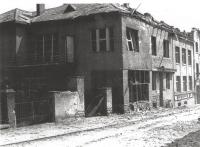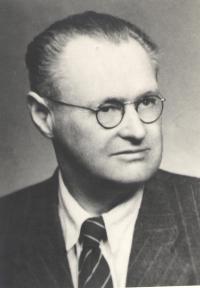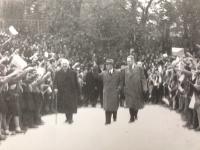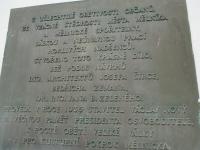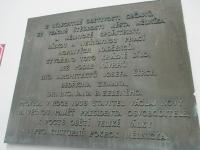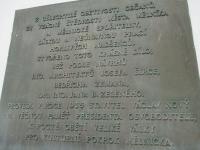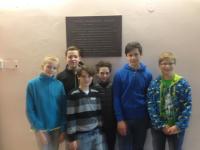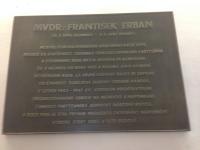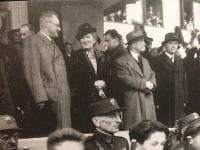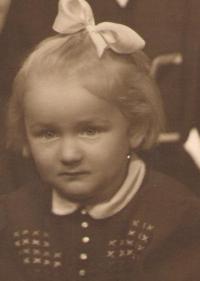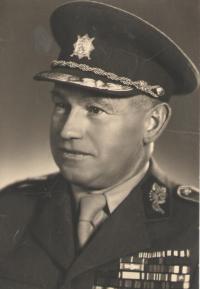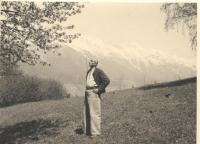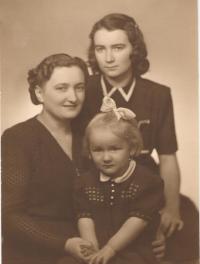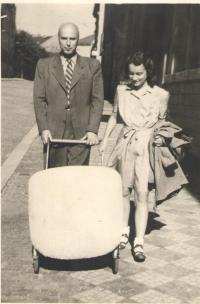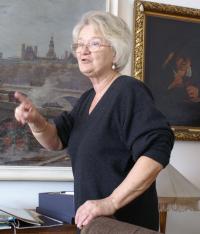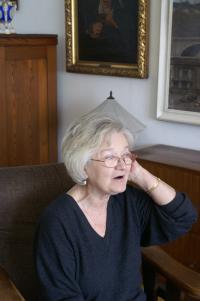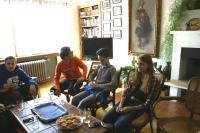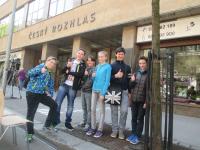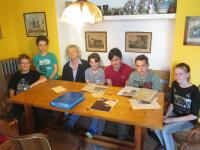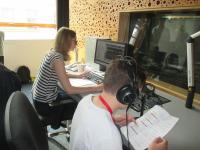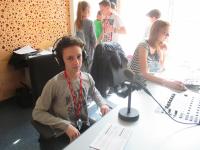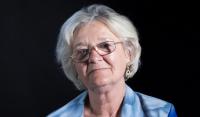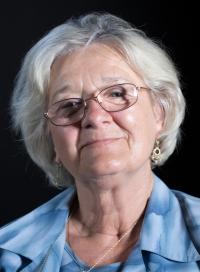History was being distorted; for a long time some things couldn’t even have been mentioned
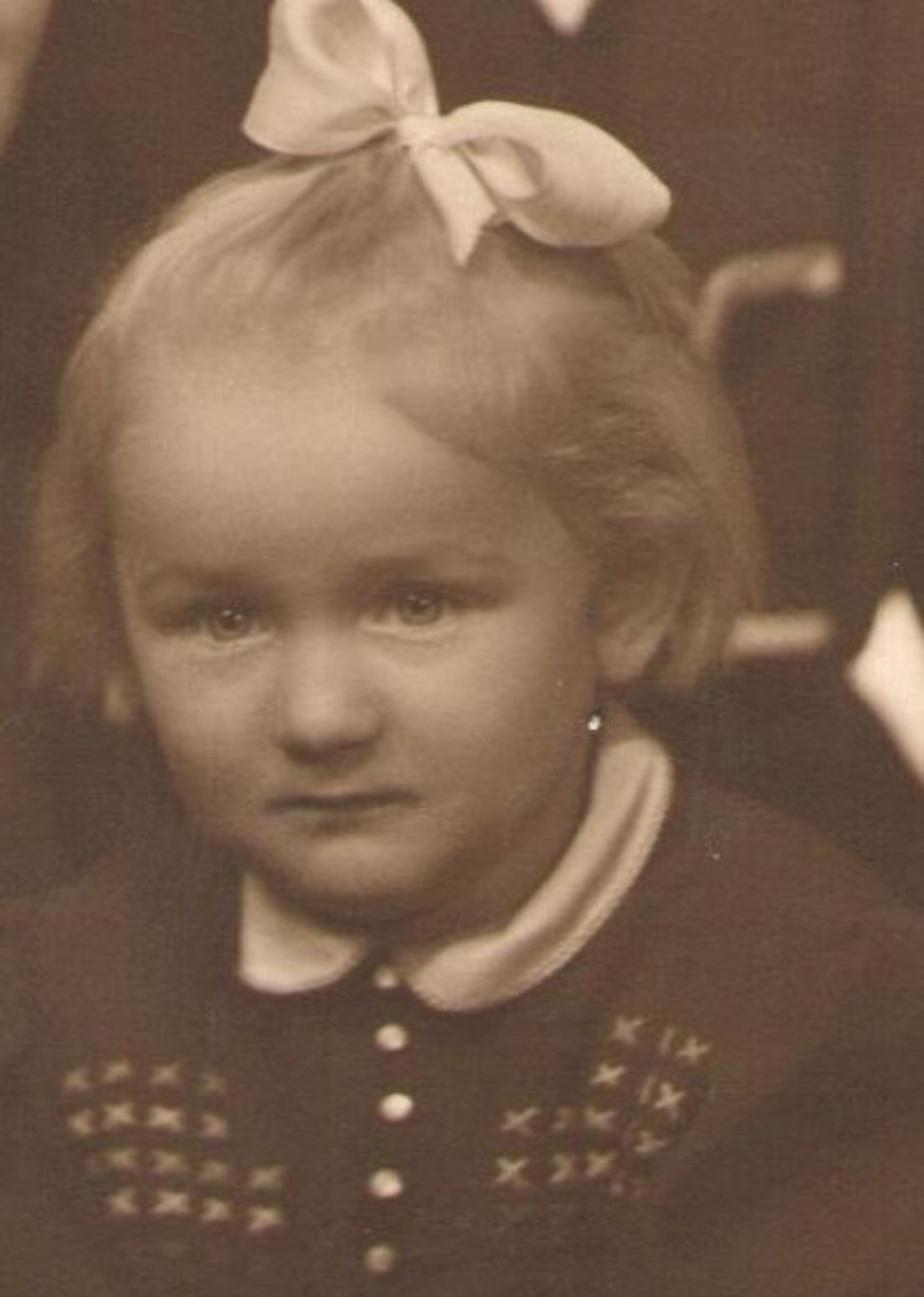
Download image
Jarmila Erbanová, née Šircová, was born on 1 April 1944. Her whole life was affected by the fight her family put up against the Nazi occupation and the communist rule. Her father worked as a general practicioner in Mělník. During wartime he helped young people avoid forced labor by manipulating their health records. Moreover, he was hiding Jews in the Mělník hospital. Her uncle Josef Širc was an active member of the Obrana národa resistence group and as such was imprisoned from 1941 until the end of the war. Her father-in-law-to-be František Erban, also a member of Obrana národa, lead the anti-Nazi resistence in the Mělník area. He took active part in the partisan movement Národní mstitel. He made contact with the paratroopers who had landed in the vicinity of Řepín, lead by major Kaniščev, and helped supply the partisans. On 9 May 1945 Jarmila witnessed the shelling of Mělník by the Soviet Army, an operation which had left behind a number of dead and wounded civilians, and which was up until 1989 attributed to the Germans. In 1948 her mum helped general Alois Liška emigrate, thus saving him from the fate of many imprisoned or executed soldiers from the western front. As a result she was held in detention from April until November 1949. However, the communist authorities were unable to prove her guilt. After graduating from grammar school, Jarmila was allowed neither to carry on studying, nor to find a job. In the end, she was accepted as a recorder in the Czechoslovak Youth Association. Later, she worked in the Central Research Institute of Vegetable Production in Tupadla. Jarmila Erbanová remains actively engaged in the cultural life of her home town and serves on the board of Mělník’s cultural centre.
